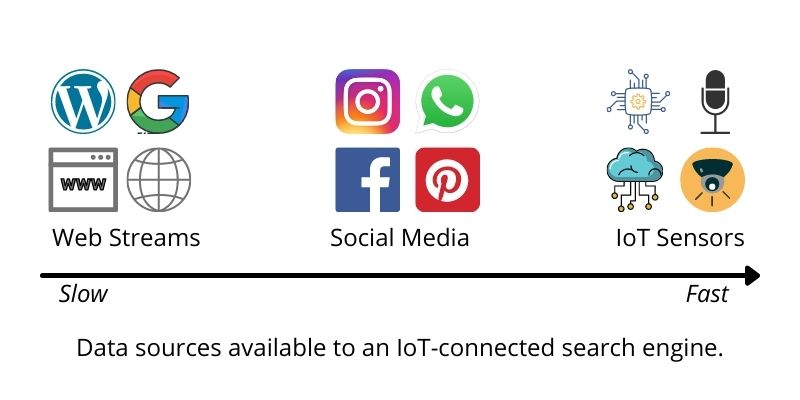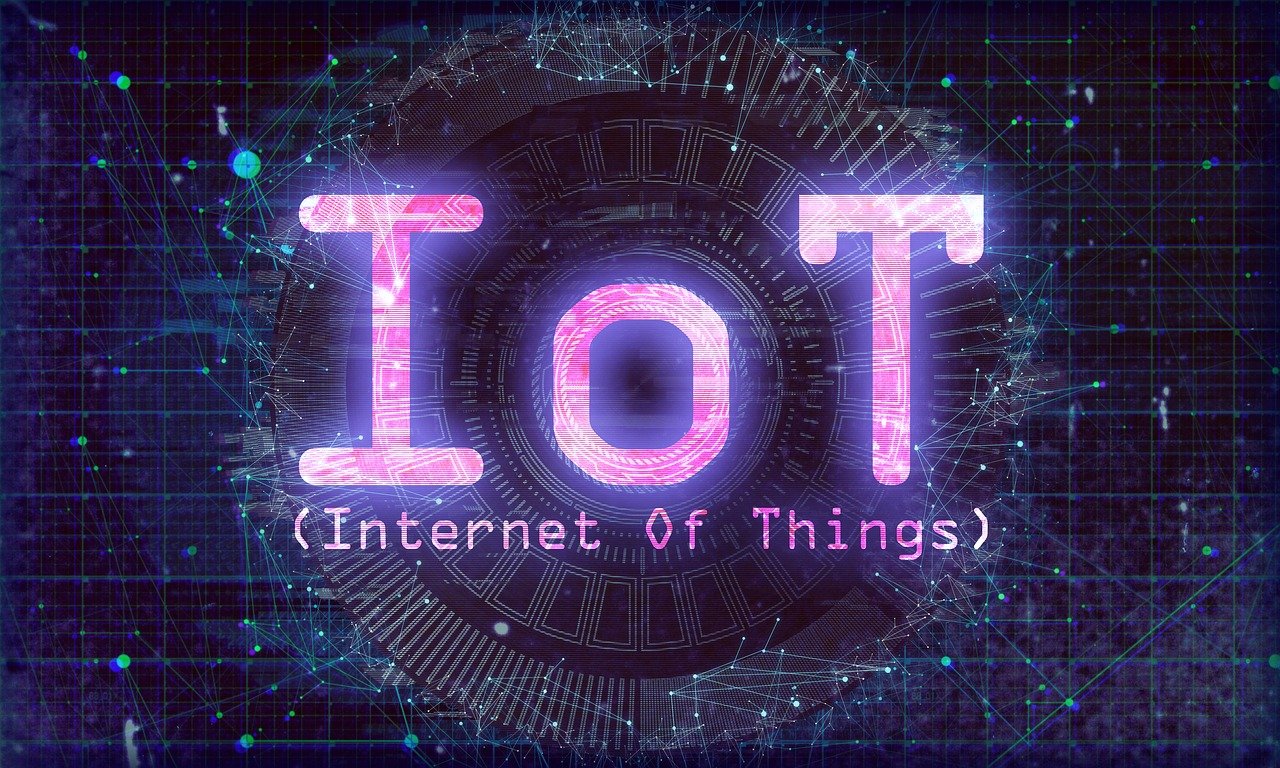Searching the Internet of Things. How?
Introduction
Despite the huge success of Web search engines, searching the Web is far from being a solved problem. However, the information needs of the searchers are increasing ‘time-sensitive’ about events happening now – and/or ‘local’ – where the user’s location has some geographical bearing on the content that is relevant to their information
need(s).
For instance, events that are happening now or recently may have an impact on the searching behavior of users. Indeed, a search engine can detect a power cut in New York within seconds, based on the querying behavior of mobile and nearby users. However, while a Web search engine can retrieve many forms of online information, it can only sense real-world events through their impact on the online world (e.g. news stories, tweets, increased query volume).
Here, We describe how real-world information needs can be better addressed by search engines through harnessing sensing infrastructures, including those from the Internet of Things (IoT).
Searching the Internet of Things
Indeed, the introduction of IoT sensors within the search engine provides more responsive/timely information than existing evidence sources, such as Web or social streams, as illustrated in Figure below. For instance, by considering IoT sensor outputs such as real-time rain levels, a search engine can produce a more customized answer to queries such as “what is the current weather at JFK airport?”.

Furthermore, information needs such as “what is happening near me?” (local event retrieval) can be better answered by fusing social media trend data (also known as social sensing) with physical sensor observations. For example, a party in the town square might be detected through a combination of people posting about it on Twitter, with crowd density analysis over CCTV camera feeds from the square. It is also possible to provide recommendations (e.g. for tourists) about points-of-interest to visit, that are appropriate to particular personalized interests of the users and their current contextual situation (time, location, traveling with friends, etc.).
In doing so, search engines can help users satisfy new forms of information needs centered on real-world events.




